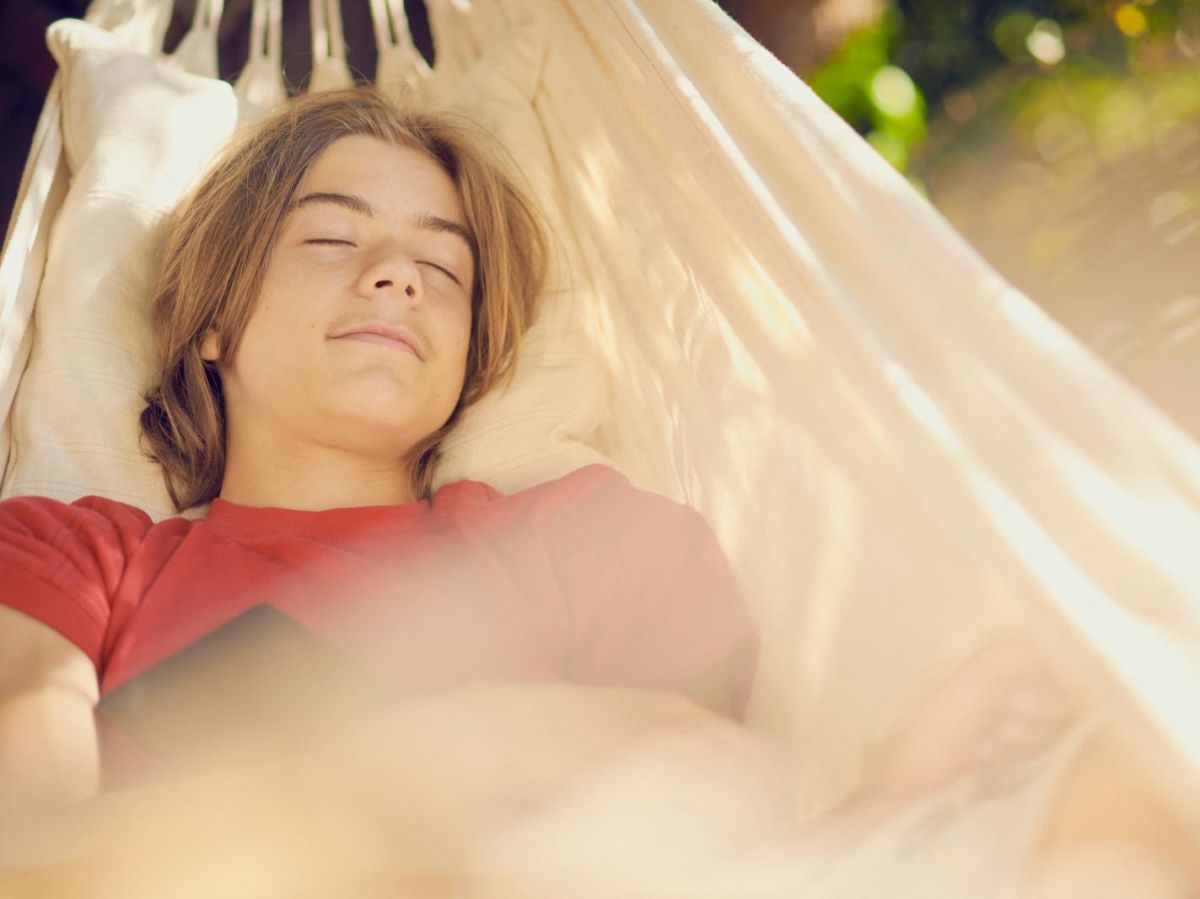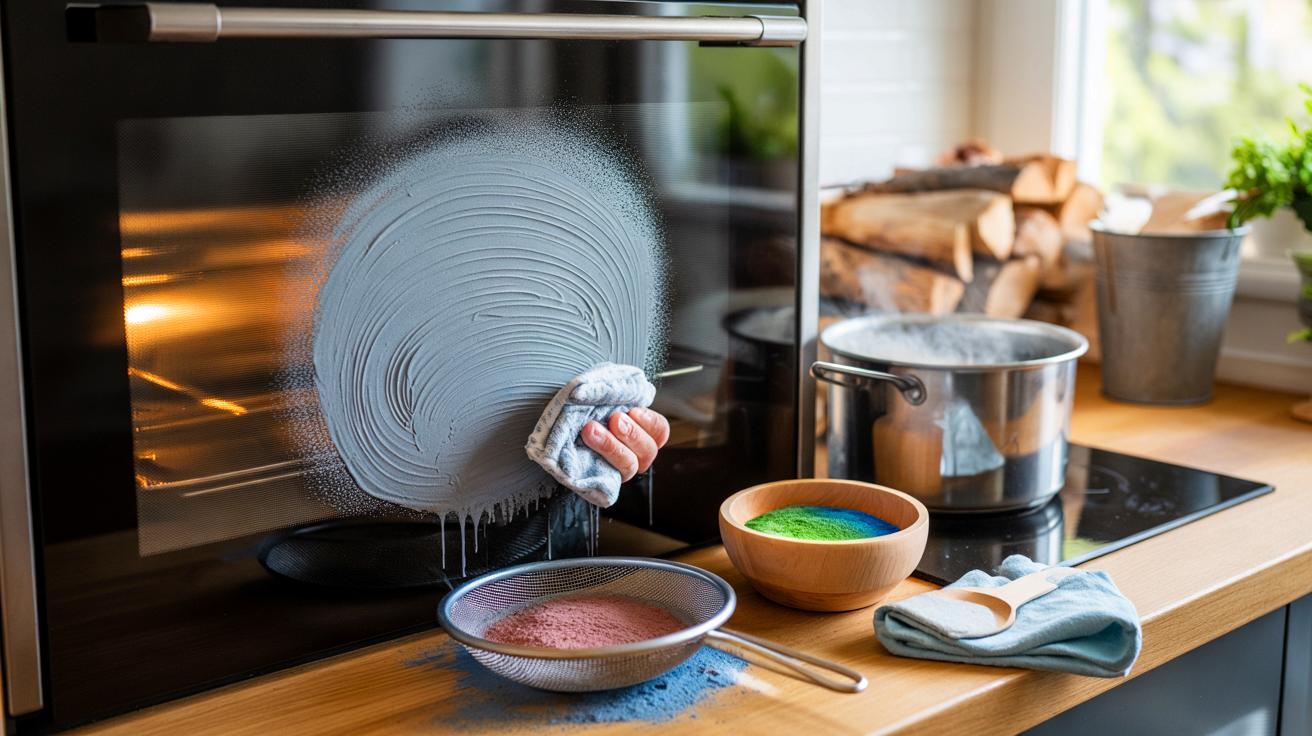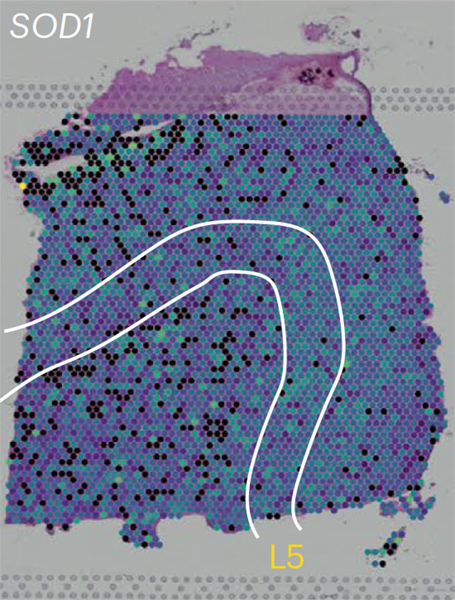“Why do teenagers have difficulty falling asleep even when tired?”, Frédérique Caffieaux asks us on our Facebook page. This is our Question of the Week. Thank you all for your participation.
Sleep rhythms, cycles and phases vary throughout life. Infant or senior, long sleeper or night owl… everyone has their own internal clock! "In adolescents, the internal clock works more slowly than in adults," explained Claude Gronfier, neurobiologist researcher at Inserm, in a previous article Science and Future (extract from special issue no. 203, dated October/December 2020).
"It's not laziness is natural!
In adolescents, the secretion of melatonin, a hormone that promotes sleep, is delayed. Which turns our teens into night owls. "They will prefer sleeping in and going to bed late. It's not laziness is natural! Claude Gronfier specified in 2020. “All children are morning people, but by the time they are teenagers everyone is an evening person… even morning people!”, summarized Jacques Taillard, CNRS research engineer and sleep specialist at the University of Bordeaux, in a previous article in Science and Future (from the magazine Science and Future Files No. 220 dated January/March 2025). Individual chronotypes (see box below) only finally manifest themselves around the age of 20-21.
Early bird or night owl?
Adult humans need seven to nine hours of sleep, with rare exceptions, such as those of " little sleepers " who sleep between four and six hours, wake up naturally and rested. A genetic characteristic that is only found in 1 to 3 % individuals. But to sleep better, you also need to know which family of sleepers you belong to, in other words, know your chronotype, as the specialists say. "We distinguish three, explained in a previous article by Science and Future Jacques Taillard, CNRS research engineer and sleep specialist at the University of Bordeaux. There are morning people (25 % of the general population), evening people (25 %), and an intermediate chronotype that forms a gradient between these two groups.
"On the other hand, adolescents spend less time outdoors, while they are more sensitive to light", Claude Gronfier specified in 2020. Another phenomenon amplifies the effect of these unchangeable factors. “Teenagers are heavy users of screens before bedtime, underlined in 2020 Marc Rey, president of the National Institute of Sleep and Vigilance (INSV). However, the light emitted by these latter blocks the secretion of melatonin and further delays the internal clock. Not to mention the content (social networks, series, etc.), which causes psychological excitement.
Read alsoInsomnia: “Blue light from screens is not the problem, it’s our habits”
“Go to bed and get up at regular times and avoid sleeping until noon on weekends”
This is why the president of the INSV is calling for a digital curfew one hour before going to bed. He also warns against sleeping in: "If they last too long, the sleep-wake rhythm risks being reversed." Changes that explain certain disorders such as difficulty falling asleep, phase delays, daytime sleepiness. These disturbances can generate anxiety and lead to depression. The solution? "To get back on track, young people must stick to a sleep routine, advised Marc Rey in 2020. Go to bed and get up at regular times and avoid sleeping in until noon on weekends.
Circadian rhythm also influences academic success. This is why American pediatricians have become concerned about high school schedules. Several school districts have shifted the start time of classes: from 7:20 to 8:40 in Minnesota; or from 7:50 to 8:45 in Seattle (Washington). As a result, exam grades and attendance have improved. In France, the issue has not yet left the specialists' offices...



